Interview with Carol Bebelle
Carol Bebelle is a native New Orleanian and a proud product of the New Orleans Public School System. She has more than twenty years experience in the public sector as an administrator and planner of education, social and health programs. In 1998, Bebelle and Douglas Redd founded Ashé Cultural Arts Center in Central City. Ashe, as it is familiarly called, is a Yoruba word meaning “a divine force or the ability to make things happen, so let it be done.” This is a fitting as it describes the deep commitment “Mama Carol” and the Ashe family have made to building bridges and helping to anchor artists and culture bearers in Louisiana creative industries.
The following is an interview I conducted with Carol.
Stephanie McKee: What principles were at work when you founded Ashé Cultural Arts Center?
Carol Bebelle: Doug Redd and I were looking for a place to center our practice creating community visual art and performance projects. We were interested in being empowered to access the space any time, having a key to the venue and not having to ask permission of folks who didn’t look like us to work or gather. We were looking for the opportunity to evolve the experiences, insights, connections, and community aspirations we both had into a home base for artists and culture bearers and folks who embrace and understand the community aesthetic. We wanted to be part of conjugating culture, art and community into an organic everyday lived existence.
SM: How do you view the role Ashe’ plays in Community Development?
CB: Ashé is a very active member of the Central City community. We sit on boards, committees, form partnerships and provide services to our Central City neighbors. We grapple with the issues in the community, sit together and dream up new ideas and responses to challenges and threats. We honor the work of our neighbors and partners and they honor our work. We are not the only representative for culture in the room if our partners are there. When we are not present at the table, they represent for us and will do heavy lifting if need be and vice versa.
Our partners, our neighbors and our friends in Central City count on us to help, to bring the cultural insight to bear on the many conversations that occur.
SM: One of the large framing questions we have been exploring is: How do we define ensemble theatre? With that in mind, how does Ashé create work in concert with community?
CB: Our portfolio of performing works includes a collection of work created in concert with community. 13 Lessons, a commissioned work by the Boggs Literacy Center, was created by Lenwood Sloan through a yearlong residency with the Literacy Alliance, literacy programs and their participants and just plain folk. Heart of the Matter is a work commissioned by a community church marriage ministry. It was created by a team of writers, a director, actors and dancers.
StoryCircle is a theatre work written by John Grimsley after conducting a year of story circles around the city about race and racism. Swimming Upstream is a theatre work created from an eighteen-month series of monthly (therapy, workshop, revival) meetings of a collection of sixteen women writers, musicians, poets, actors, directors with playwright activist Eve Ensler. The Origin of Life/an African Creation Myth is a signature creative work we have produced for nearly twenty years. Thousands of people have seen the work and nearly a hundred young, emerging and established artists of theatre and dance have cycled through the cast. The interpretation of the work has evolved through workshops and updated imaginings.
SM: What is your vision of collaboration and community?
CB: Our philosophy and vision of collaboration and community is best exemplified by our “Sistahs Makin A Change” and “ Voices Not Forgotten” programs. In each instance, the women and the elders are engaged in cultural activity and given the opportunity to work with artists to convert their knowledge, instincts, insights, and experiences into performance.
SM: You are certainly seen as a visionary. What is your recipe for vision?
CB: Seeing is really a very important thing. But getting what we see is as or maybe a little more important. I often see us work real hard to gather people together to ask what they want. We listen to possible and impossible expectations. We hear venting, brilliance, and some not so good ideas. We often have an idea ourselves about what we want and the clatter and clutter of so much other stuff makes it easy for us to deliver on real easy stuff, side step the difficult and ignore the out the box.
I think sometimes we should not ask questions but rather listen for the missed opportunities, the stuck places, the vulnerable hurt and despairing. These are the desires of the heart. Often shared in resignation and hopelessness and anger.
I think sometimes we should not ask questions but rather listen for the missed opportunities, the stuck places, the vulnerable hurt and despairing.
I think we get in the way of the truth that people embrace because it doesn’t fit our notion of a deep enough or amazing enough revelation to deserve our energy, our creativity. Sometimes we think too much or talk too much (I know about that one). The road to a good solution is part seeing right and part feeling your way along. If you use too much of one and not the other or if you get in the way of your reading the instinct accurately, you could wind up on the same old, same old road. Fear of failing, taking on too much or making the art more important than its message can also cause you to lose sight of the horizon and crash.
Our work to celebrate black men allows us to use a tried and true community safe space, the barbershop, as a place to swap stories, vent, receive therapy, nurturing, coaching, encouragement and knowledge. We are able to learn from this work the lacks, the heart desires and then we work to actualize them. Men need acknowledgment, respect, a willingness to listen to their side. In our very strong strategic partnership with the Boggs Literacy Center, Dr. Petrice Sams-Abiodun and the New Orleans Fatherhood Collaboration, we created the Favorite Father Celebration and this past year welcomed the 300th Favorite Father to this sacred fraternity. The men beam and love the attention. We work on fairness for men in the child support struggle. We look for ways to provide support for them and contradict their notion of being undeserved or unworthy of regard, respect and support.
Again not very amazing, but very much desired and needed for transformative work to hold in the inner city.
Scripture tells us that without vision the people perish. But seeing and getting what we see is heart work. What would you want in this circumstance? Then be ready to do your level best to get it. Consider everything and work diligently with good intentions, being open and setting the self aside. And the universe will answer with the whisper, keep on going this way.
SM: I think I speak for everyone when I say you have added greatly to our works and our lives. Ashé, Ashé, Ashé.

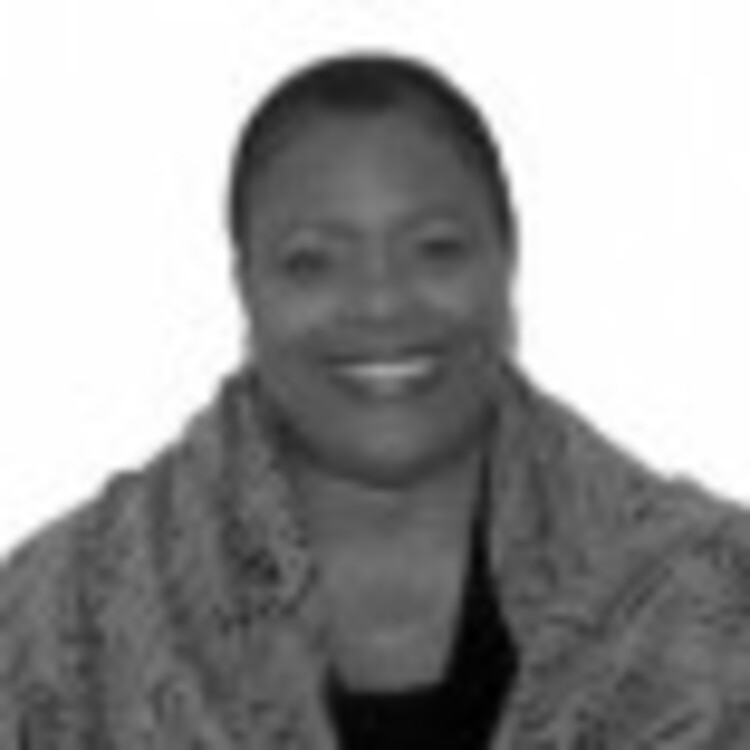
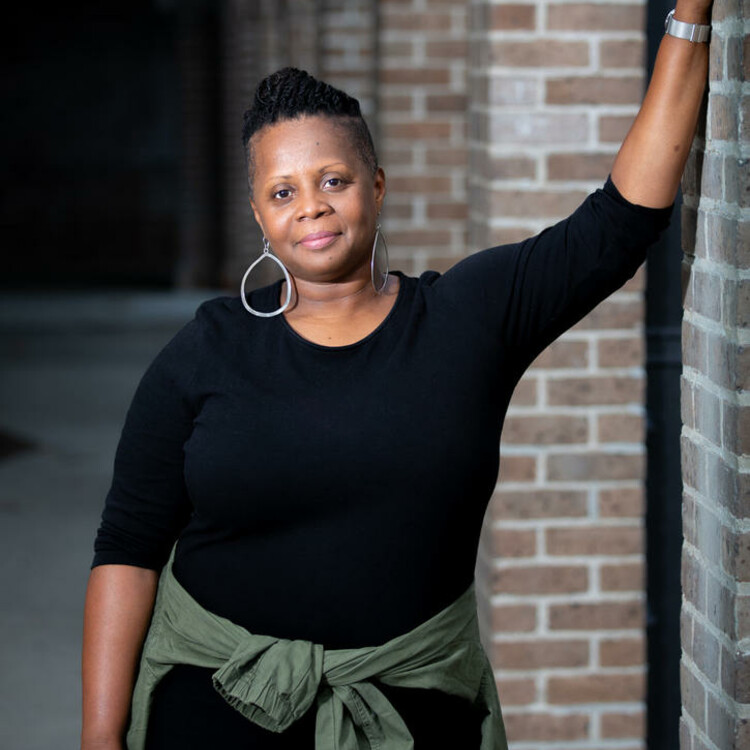
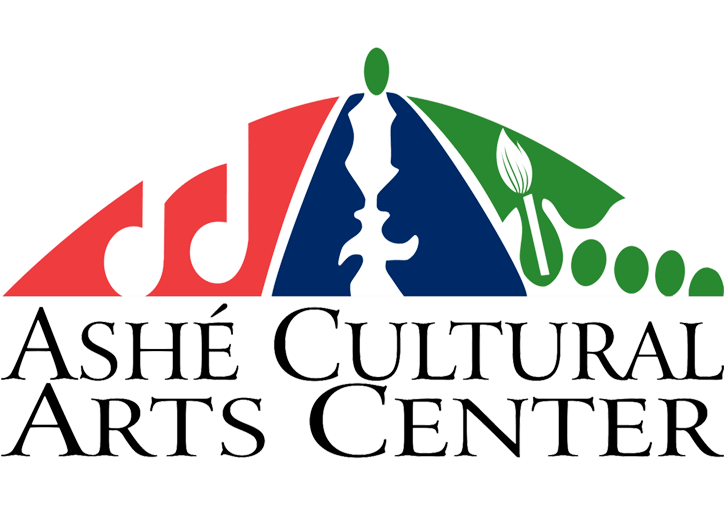
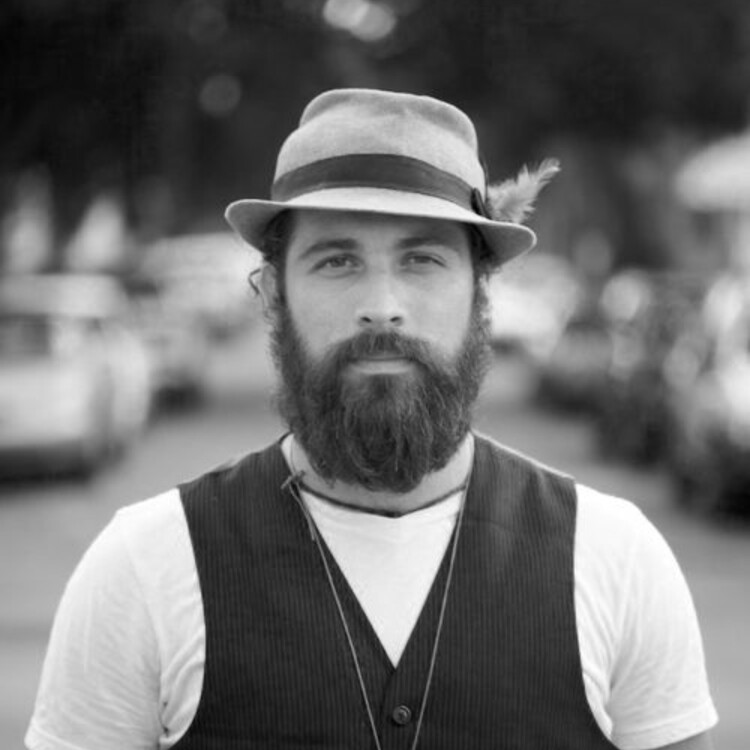
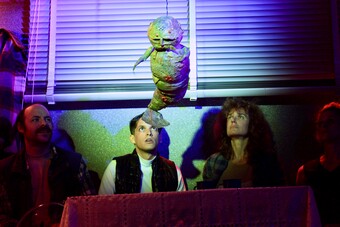

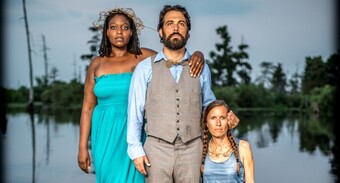

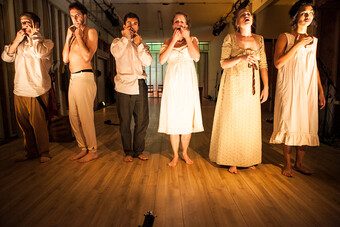

Comments
The article is just the start of the conversation—we want to know what you think about this subject, too! HowlRound is a space for knowledge-sharing, and we welcome spirited, thoughtful, and on-topic dialogue. Find our full comments policy here